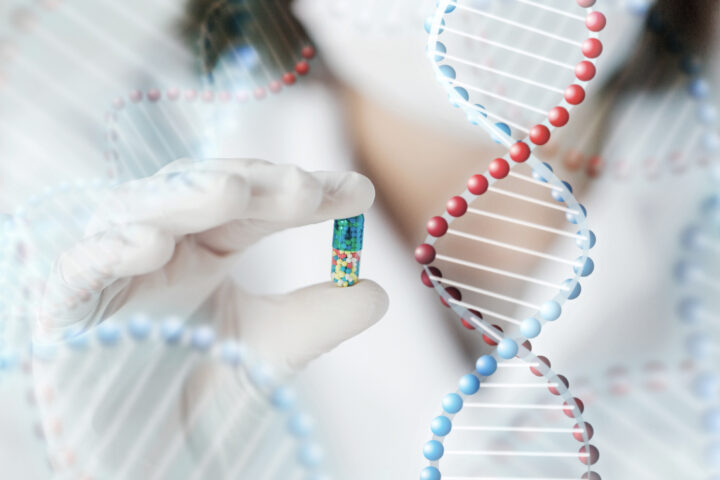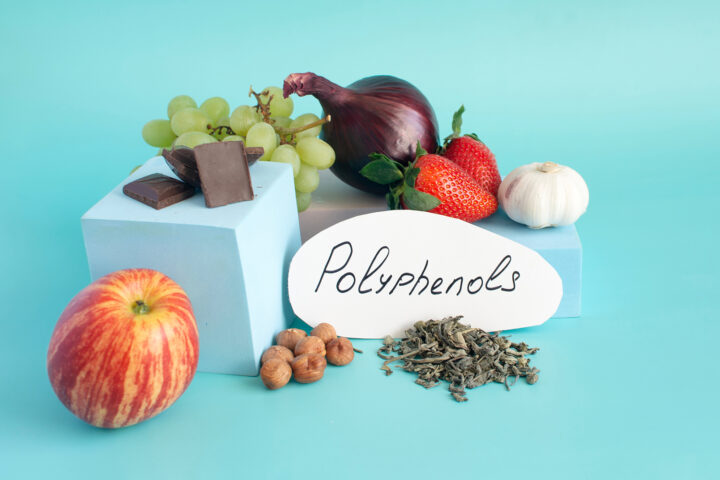Aging is often viewed as an inevitable march toward frailty, but modern science is rewriting that narrative. At the core of this revolution lies DNA methylation, an epigenetic process that serves as a molecular timekeeper, influencing how our genes express themselves over time. By unlocking the secrets of methylation, researchers are beginning to understand—and potentially alter—the very mechanisms that define biological aging.
The Epigenetic Clock: Reading the Hands of Time
While our chronological age is simply the number of candles on a birthday cake, biological age tells a deeper story. Enter the epigenetic clock—scientific models that analyze DNA methylation patterns to predict how old our bodies really are. Unlike other aging markers, these clocks can provide eerily precise predictions of mortality risk, healthspan, and susceptibility to age-related diseases.
One of the most promising recent developments is CheekAge, an epigenetic clock that uses cheek cell samples to assess mortality risk. Unlike previous blood-based methods, this non-invasive test offers a simpler, more accessible way to measure biological age. Research suggests a strong correlation between CheekAge scores and lifespan, cementing the method’s value as a predictive tool.
Can Diet Turn Back the Clock?
For those seeking a real-world Fountain of Youth, lifestyle interventions are showing remarkable promise. A groundbreaking Swiss study involving nearly 800 older adults found that taking one gram of omega-3 fatty acids daily for three years resulted in an epigenetic age reduction of three months. When paired with vitamin D and regular exercise, the biological age reversal jumped to nearly four months.
Meanwhile, in a separate study involving identical twins, a vegan diet for just eight weeks significantly reduced biological age. The diet improved organ-specific age metrics, including heart and liver age. However, researchers remain cautious, noting that differences in weight loss could also have contributed to the observed effects.
The Hidden Cost of Grief: How Loss Ages Us
As if grief weren’t already heavy enough, a study from Columbia University suggests that losing a loved one might literally add years to your biological clock. Researchers found that individuals who experienced a single bereavement had biological ages 9-10 months older than expected. Those who endured multiple losses aged by over 13 months. These findings highlight the deep physiological impact of stress and mourning on the body’s aging process.
Caloric Restriction: A Scientific Time Machine?
The idea that eating less could slow aging has intrigued scientists for decades, and DNA methylation research is adding fuel to the fire. A study on mice revealed that a 50% caloric reduction prevented age-related increases in a methylation enzyme (Dnmt3a) linked to neural decline. This finding supports the idea that caloric restriction can preserve cognitive function by modulating methylation patterns.
Pollution, Traffic, and the Dirty Side of Aging
Not all aging triggers come from within. Recent studies suggest that exposure to traffic-related air pollution can induce rapid DNA methylation changes. The implication? Environmental toxins may accelerate epigenetic aging in ways scientists are only beginning to understand. If confirmed, these findings would add urgency to public health efforts to reduce air pollution and its effects on longevity.
The Future: Epigenetic Rejuvenation?
Where does this leave us? If aging is at least partially a function of epigenetic changes, then modifying those changes could be the key to extending healthspan. Future interventions may include precision nutrition, targeted supplementation, or even epigenetic reprogramming—a concept that is already making waves in the field of regenerative medicine.
The idea that DNA methylation can be reversed or manipulated opens a Pandora’s box of possibilities. Could we one day walk into a clinic and have our biological age dialed back like a smartwatch resetting to factory settings? While the answer isn’t clear yet, one thing is certain: aging is no longer a one-way street.
References
- “NYC company develops simple swab test that can tell how well you’re aging.” NY Post. Available at: https://nypost.com/2024/10/01/lifestyle/nyc-company-develops-simple-swab-test-that-can-tell-how-well-youre-aging/
- “An omega-3 dose a day could slow ageing process, ‘healthspan’ trial finds.” The Guardian. Available at: https://www.theguardian.com/science/2025/feb/03/an-omega-3-dose-a-day-could-slow-ageing-process-healthspan-trial-finds
- “2 months of eating this diet knocks years off your biological age.” NY Post. Available at: https://nypost.com/2024/07/29/lifestyle/2-months-of-eating-this-diet-knocks-years-off-your-biological-age/
- “Bereavement can make you age faster and harm your health.” The Times. Available at: https://www.thetimes.co.uk/article/bereavement-can-make-you-age-faster-and-harm-your-health-czgdq8p73
- “Caloric restriction modulates DNA methylation and neural aging.” PubMed. Available at: https://pmc.ncbi.nlm.nih.gov/articles/PMC3482848/











